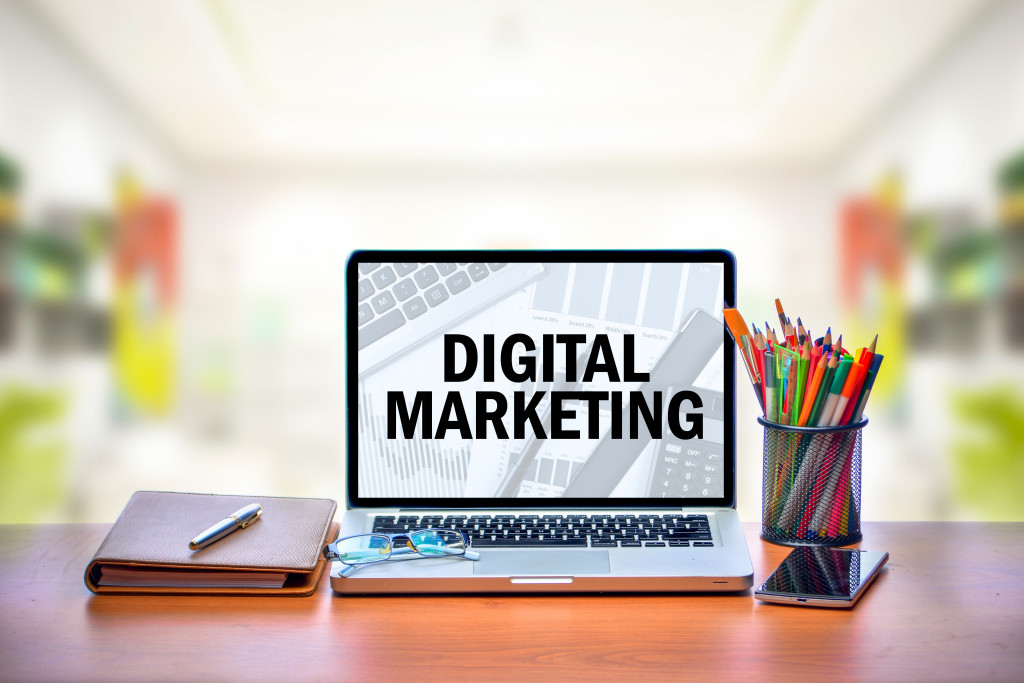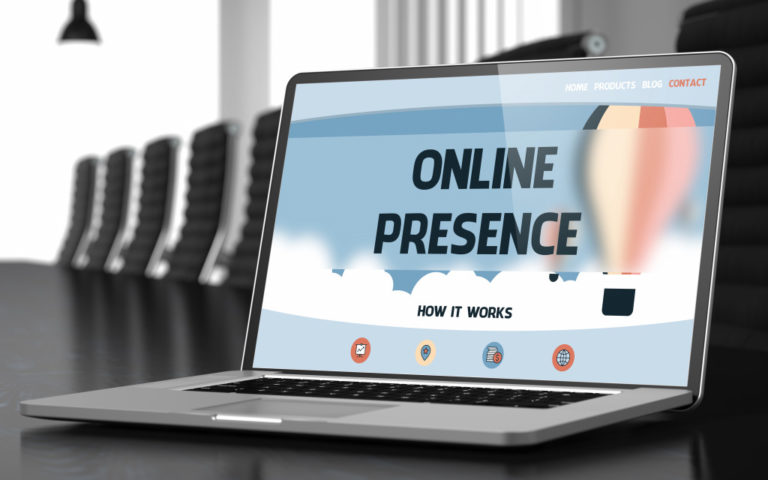Content marketing is one of the most effective brand-building strategies that businesses use. The content being marketed has taken on various forms over the years, from trusted newspapers and magazines to today’s more digital versions like eBooks and infographics. Getting familiar with the newer forms of content marketing is crucial if a business wants to keep up in this internet-driven world.
Being able to identify the differences between each content marketing approach is another must-have skill for a company, especially if it is just starting to make a name for its brand. Understanding the nuances between the various forms can help a business better select the type of content it wishes to use for advertising itself.
The most popular and arguably, the most effective types of content marketing right now are blogging, social media marketing, and video content. While all of these three are surefire hits on the internet, there is also a slight chance that people might prefer newer strategies now that most companies have launched the majority of their content in these forms.
For businesses looking for underrated options that are just as potent, the following types of content might suit your interest.
Podcasts
Podcasts are basically the audio content stripped from videos. The target market of podcast sites are people who are too busy to glue themselves to videos. They might be driving, eating, doing homework, or any other activity while listening to the podcast. People who like multitasking or with a listening preference are usually the ones who look for podcast content instead of watching videos or reading blogs.
Some people like listening to podcasts because they hear an actual voice to represent the thoughts of the speaker, unlike in written content. A talented speaker can use a podcast to add a certain authority to what he (or she) is saying, making the content sound more substantial and believable. Brand-building company Miick showcases healthy levels of confidence and competence in their podcasts, which explains why many customers are putting their trust in their business.
Email Marketing
Email marketing is generally used for lead generation. This strategy directly connects with a potential client to get their contact information, which you can store and use for future purposes.
The best feature of this strategy is connecting with another person just by sending him (or her) an email. You don’t need the other person to do anything else from the other end. Ideally, however, the recipient of your email likes what he (or she) sees in your message enough to merit a response, and hopefully, a start to a business relationship.
To make your email content look more attractive, try to put in as much relatable content as possible to catch the reader’s attention. The more valuable and exclusive the readers think your information is, the better your chances are of securing an opportunity with them.
eBooks

Like email marketing, eBooks are used more to generate leads than to sell content. By giving potential customers exciting and helpful information through eBooks, businesses expect to receive their contact information in return. Even if the readers do not respond the first time accordingly, eBooks are great options for initiating customer interest because businesses can use them to create a series of stories that can cause readers to come back.
There is also the advantage of convenience. Unlike printed books, eBooks are digital files that can be stored in a small USB stick or saved in a computer’s drive. eBooks are also easily downloaded and transferred between people, which allows for a broader reach in the audience. Finally, people like reading eBooks because they can get it for free from the internet.
eBooks are a healthy choice in content marketing because there is no limit to how much information you can share with your clients. There are also minimal costs involved in publishing an eBook because there is no physical manufacturing of products necessary. It’s a low-risk, high-reward option for companies looking for solid lead generation.
Meme Marketing
Memes took the internet by storm in the past decade, creating a new brand of comedy that can only be viewed online. These usually come in the form of videos or images, wittingly edited to place a joke inside a popular reference.
Meme marketing is one of the newest forms of content advertising, but several brands have already found success utilizing this strategy in social media channels. Due to its unique and funny nature, memes are easily spread by people online, which explains how fast a well-timed and relevant meme can go viral today.
If you can create a smart meme that can promote your business while retaining the humor and signature concepts, you have a good chance of winning the younger generation over.
Regardless of which strategy your business chooses, remember that at its core, content marketing is all about the content. As long as your content is good enough to catch the customer’s attention, you must be doing something right.

















